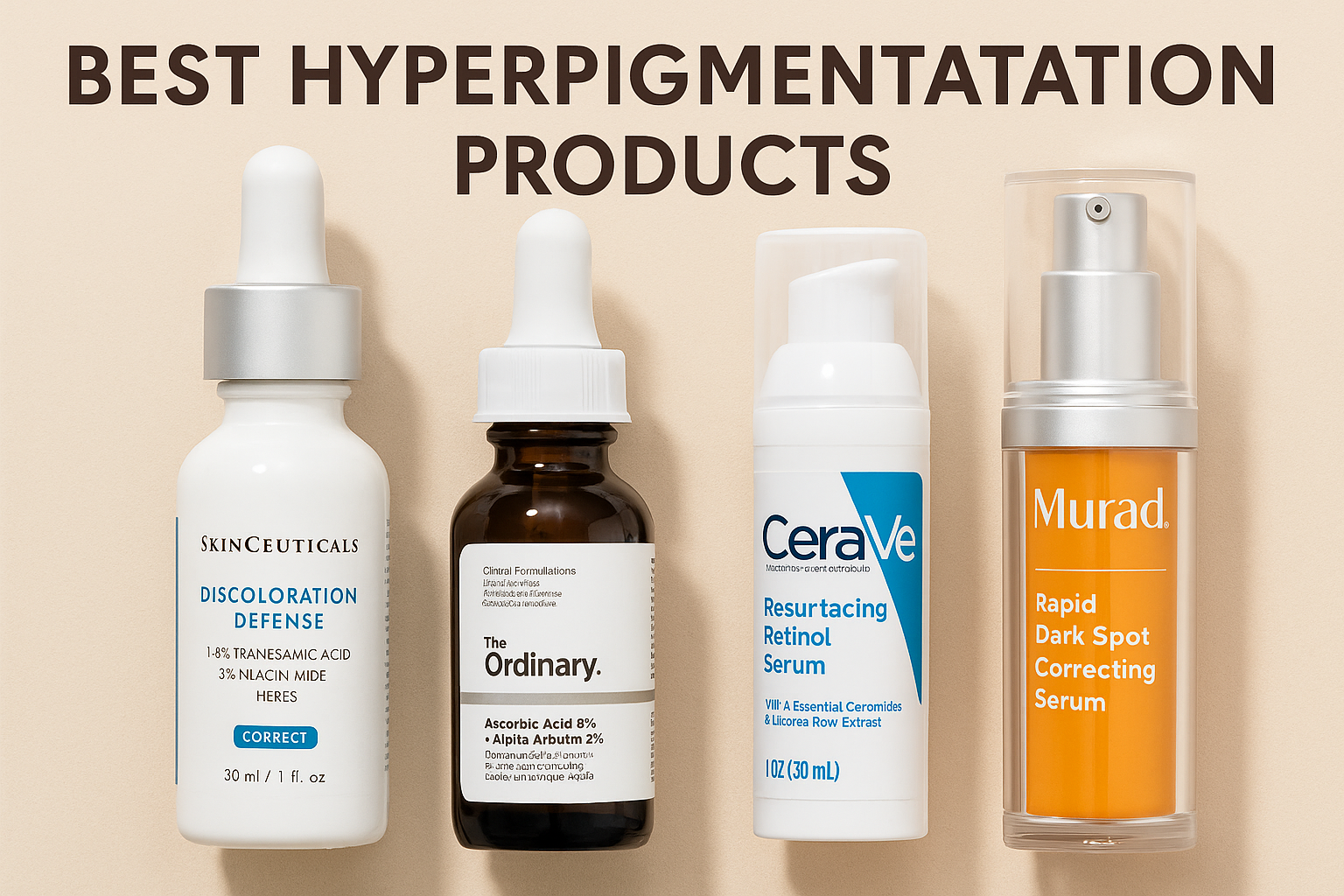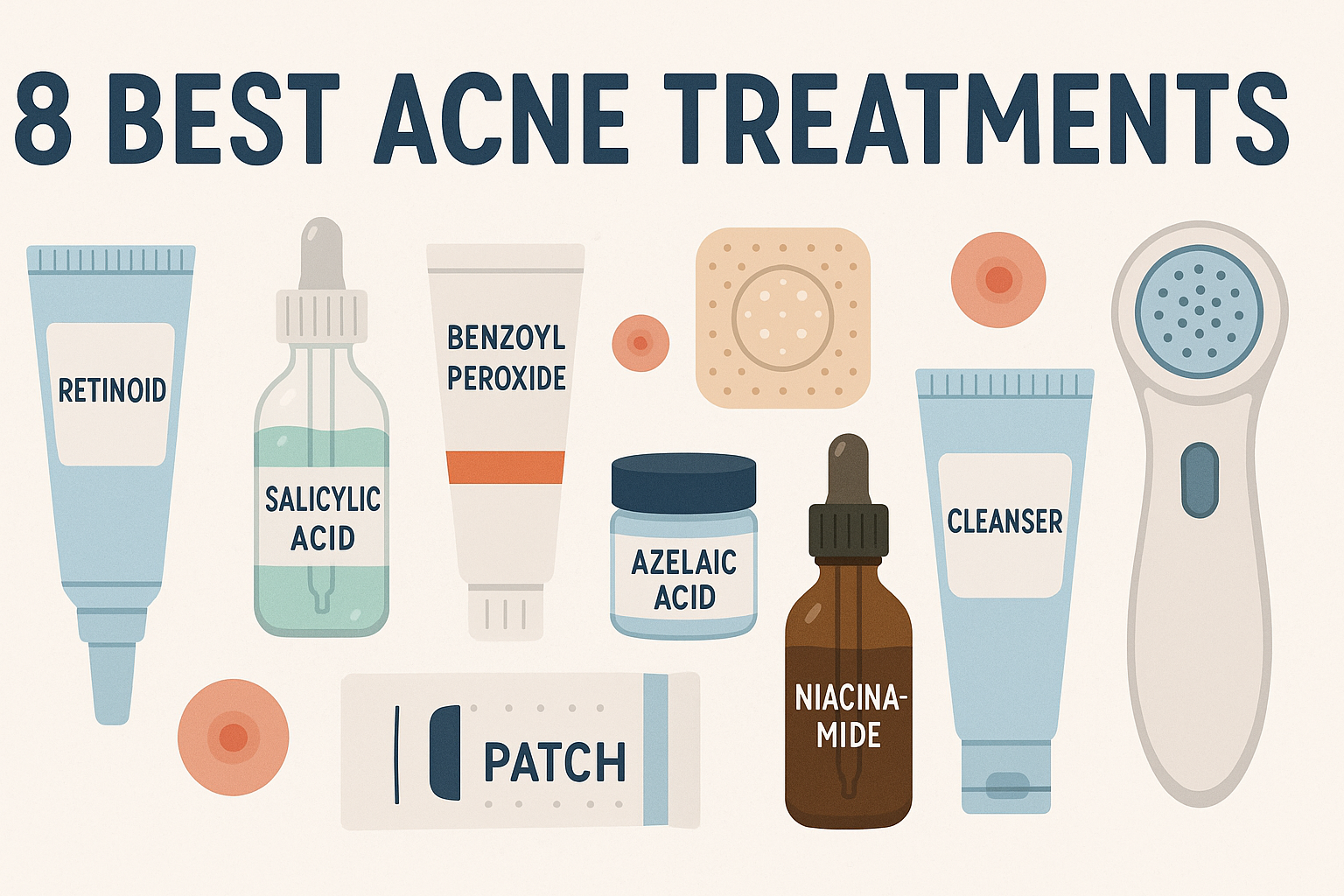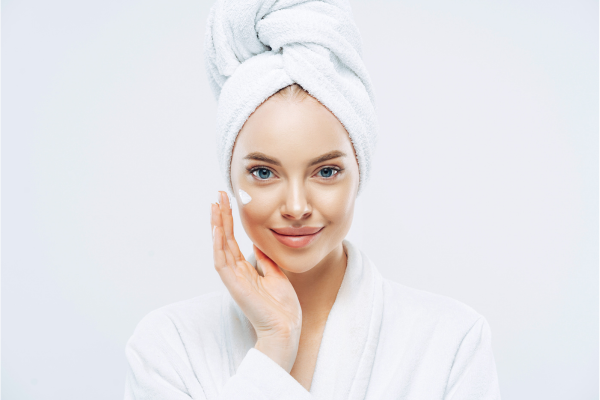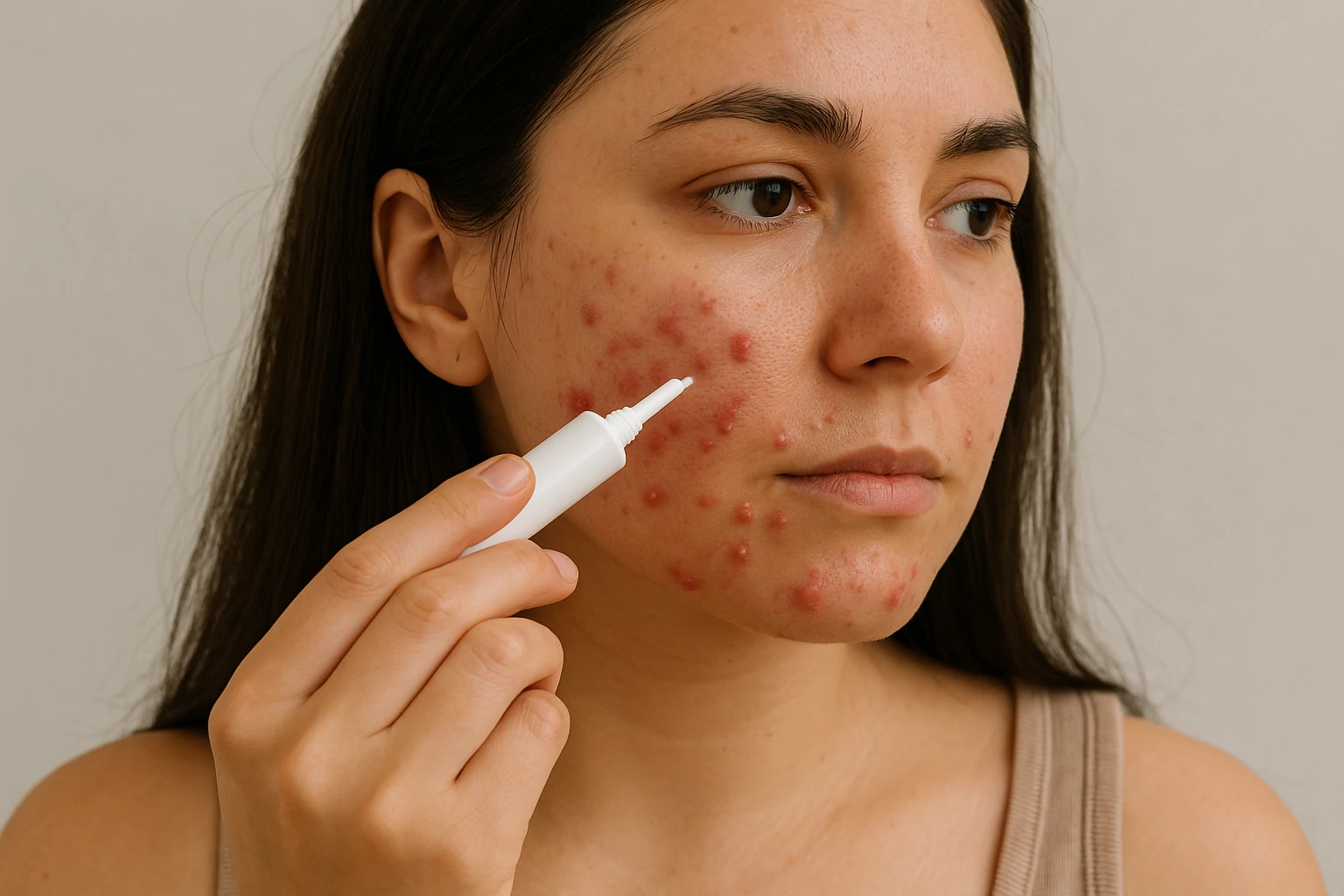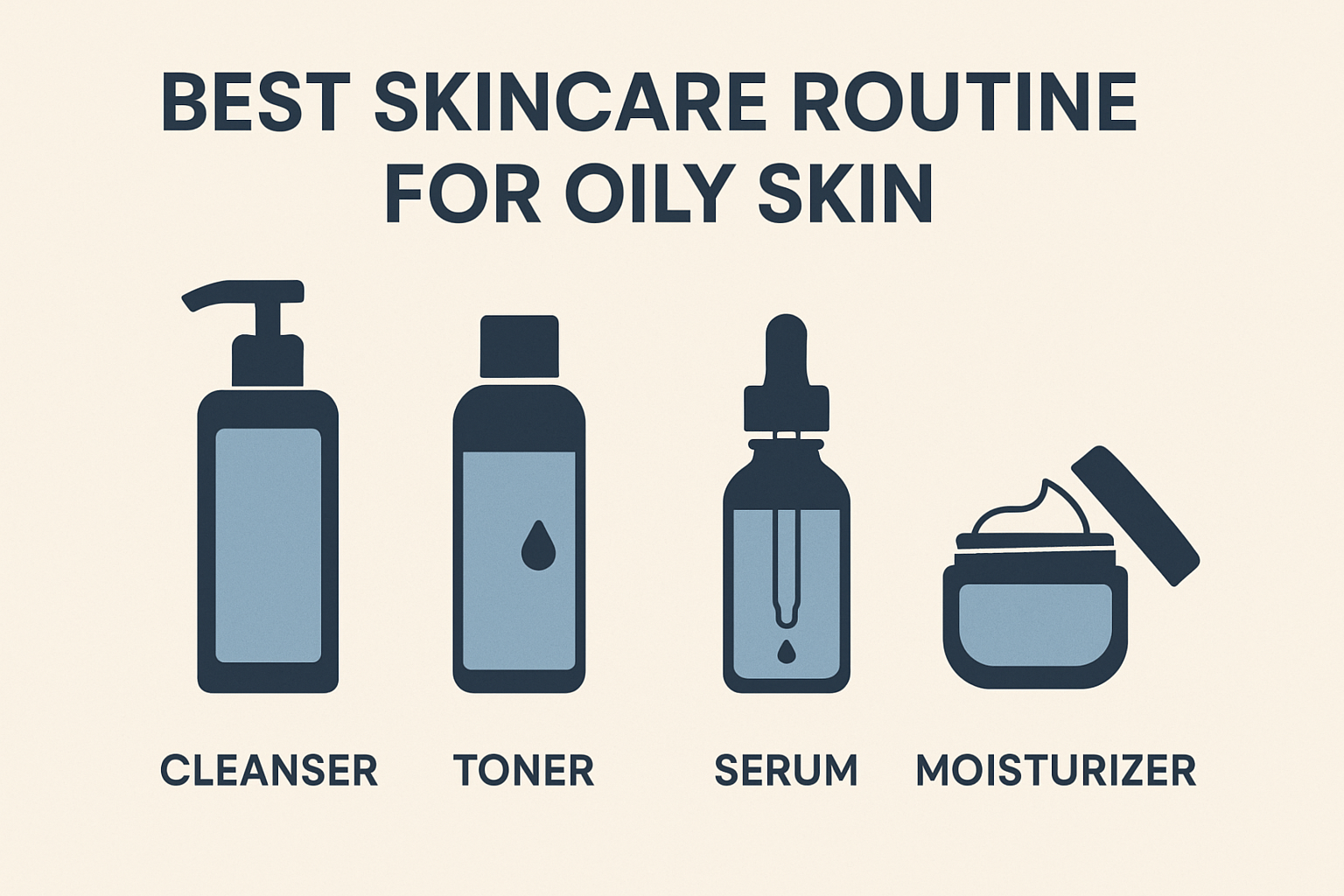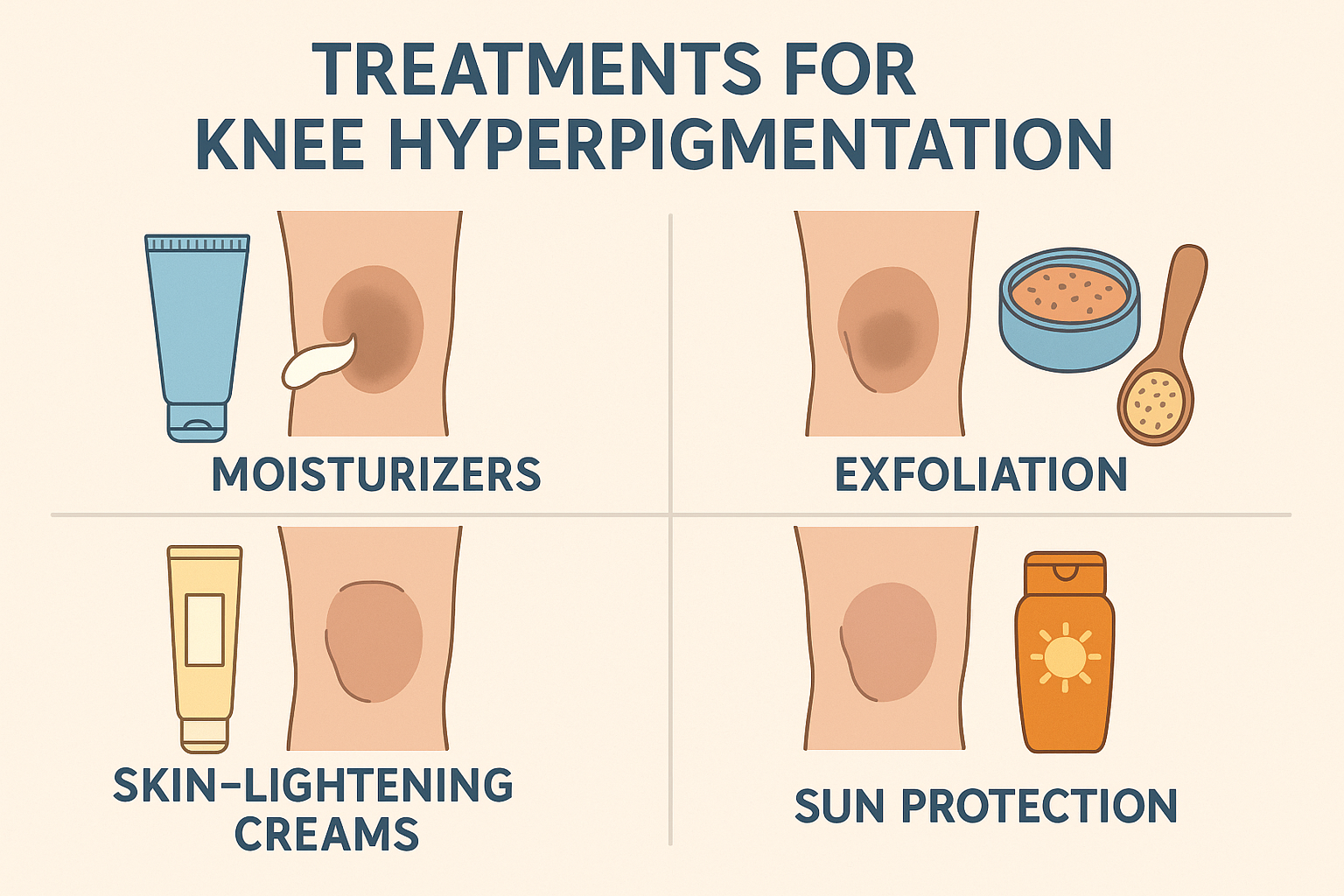Beta-Glucan for Skin: The Skincare Ingredient You Need to Know

Beta-glucan is gaining popularity as a skincare powerhouse—often compared to, or even said to outperform, hyaluronic acid in terms of hydration. But what exactly is it, and why is it worth your attention?
Naturally derived from oats, mushrooms, and yeast, beta-glucan is a polysaccharide known for its deep moisturizing and skin-soothing abilities. Unlike hyaluronic acid, which primarily attracts water, beta-glucan forms a protective layer on the skin, locking in moisture for longer-lasting hydration.
Dermatologists say beta-glucan works as both a humectant and an antioxidant, helping to calm irritation, strengthen the skin barrier, and reduce redness. Its anti-aging potential is also promising—it supports skin regeneration, improves elasticity, and helps soften fine lines.
With brands like COSRX, Innisfree, and Paula’s Choice embracing this ingredient, beta-glucan is quickly moving from underrated to essential. Whether you’re new to skincare or just exploring beyond the basics, beta-glucan is one ingredient you’ll want on your radar.
What is Beta-Glucan in Skincare?
Beta-glucan (or β-glucan) is a naturally occurring polysaccharide found in oats, mushrooms, yeast, and certain grains. Though commonly known as a dietary fiber, it’s also gaining traction in skincare for its ability to hydrate, soothe, and protect.
When applied topically, beta-glucan acts as a humectant—drawing moisture into the skin and locking it in.[1Sousa P, Tavares-Valente D, Amorim M, Azevedo-Silva J, Pintado M, Fernandes J. β-Glucan extracts as high-value multifunctional ingredients for skin health: A review. Carbohydr Polym. 2023 Dec 15;322:121329. doi: 10.1016/j.carbpol.2023.121329. Epub 2023 Aug 23. PMID: 37839841.] It’s especially effective for dry, sensitive, or irritated skin. Some dermatologists even compare its hydrating power to that of hyaluronic acid, but with added soothing benefits.
This ingredient is also known to reinforce the skin’s natural barrier, shielding it from environmental stressors and helping reduce redness or inflammation. Regular use can make your skin feel calmer, softer, and more resilient.
While it may not be as mainstream as niacinamide or vitamin C yet, beta-glucan is backed by science and real user results. With its versatile benefits and natural origin, it’s only a matter of time before it becomes a go-to for skincare lovers worldwide.
Key Benefits of Beta-Glucan for Your Skin
Beta-glucan delivers more than just hydration—it’s a multifunctional skincare ingredient with proven benefits. It acts as a strong humectant, helping your skin retain moisture longer than traditional hydrators, making it perfect for dry or easily irritated skin.[2John HE, Price RD. Perspectives in the selection of hyaluronic acid fillers for facial wrinkles and aging skin. Patient Prefer Adherence. 2009;3:225-230. doi:10.2147/ppa.s3183.]
Rich in antioxidants, beta-glucan also helps fight free radicals caused by pollution and UV exposure. Dermatologists often recommend it for its ability to soothe inflammation, accelerate wound healing, and reduce the appearance of redness and sensitivity.[3Michalska-Sionkowska M, Warżyńska O, Kaczmarek-Szczepańska B, Łukowicz K, Osyczka AM, Walczak M. Preparation and Characterization of Fish Skin Collagen Material Modified with β-Glucan as Potential Wound Dressing. Materials (Basel). 2021 Mar 10;14(6):1322. doi: 10.3390/ma14061322. PMID: 33801809; PMCID: PMC8000014.]
Another standout feature is its ability to reinforce the skin’s barrier. Beta-glucan forms a thin protective film that defends against bacteria and irritants, keeping your skin balanced and healthy.
What’s more, it supports skin renewal and elasticity—key for those noticing early signs of aging. It smooths out fine lines, plumps up the skin, and helps it bounce back from stress.[4Pillai R, Redmond M, Roding J. Anti-wrinkle therapy: Significant new findings in the non-invasive cosmetic treatment of skin wrinkles with beta-glucan. Int J Cosmet Sci. 2005;27(5):292-292. doi:10.1111/j.1463-1318.2005.00268_3.x.]
Whether you’re treating chronic dryness, irritation, or just want a glow boost, beta-glucan brings science-backed results with a gentle touch. It’s one of those rare ingredients that truly multitasks—and does it well.
How to Add Beta-Glucan to Your Skincare Routine
Incorporating beta-glucan into your daily routine is simple and safe for all skin types—even sensitive skin. You’ll often find it in serums, moisturizers, and soothing face masks. Some natural formulas use oat extract, which is rich in beta-glucan, for added calming effects.
For best results, apply beta-glucan after cleansing and toning, before locking everything in with your moisturizer. You can use it in both your morning and evening routine to maximize hydration and support skin repair.
Experts recommend pairing beta-glucan with nourishing oils like grapeseed or citrus-derived oils. These combinations enhance moisture retention and help protect the skin barrier even further.
If your skin feels tight, inflamed, or damaged—whether from over-exfoliation or harsh weather—beta-glucan offers a gentle solution. It not only calms irritation but also strengthens your skin over time.
Stick with it consistently, and you’ll likely see smoother, healthier, more balanced skin within weeks.
Is Beta-Glucan Right for You?
Beta-glucan is a great fit for anyone dealing with dryness, sensitivity, or signs of skin damage. Its calming and healing properties make it ideal for irritated skin types, including those with eczema, redness, or barrier impairment.
Dermatologists often recommend it for people exposed to environmental stressors like sun, wind, or pollution. If your skin feels reactive or easily inflamed, beta-glucan can provide fast relief while rebuilding long-term resilience.
It’s also excellent for those starting to notice fine lines, dullness, or reduced elasticity. Thanks to its cell-regenerating abilities, beta-glucan helps restore bounce and glow—making your skin look and feel younger.
Pregnant and breastfeeding individuals can safely use beta-glucan, as it’s generally non-irritating and derived from natural sources. Still, a patch test is wise, especially if you have sensitive or allergy-prone skin.
Whether you’re a skincare newbie or looking to level up your routine, beta-glucan brings hydration, protection, and calm—all in one ingredient.
Beta-Glucan vs. Other Popular Skincare Ingredients
How does beta-glucan compare to well-known skincare ingredients like hyaluronic acid, niacinamide, and ceramides?
As a humectant, beta-glucan hydrates the skin as effectively—if not more—than hyaluronic acid. But unlike hyaluronic acid, it also soothes irritation and supports tissue repair, making it ideal for sensitive or stressed skin.
Compared to niacinamide, beta-glucan is gentler. While niacinamide helps with oil control and brightening, it can sometimes cause tingling or redness in reactive skin. Beta-glucan, on the other hand, calms and hydrates without irritation.
Ceramides strengthen the skin barrier from within, while beta-glucan works both on the surface and deeper layers—offering a protective micro-layer to shield skin from environmental stress.
What makes beta-glucan stand out is its multifunctionality. It hydrates like hyaluronic acid, soothes like aloe, and protects like ceramides. If you want an all-in-one ingredient that delivers real results without overwhelming your skin, beta-glucan deserves a place in your routine.
Editor’s Picks: Best Beta-Glucan Skincare Products
Ready to try beta-glucan? Here are some top-rated skincare picks that highlight its hydrating and soothing powers:
- iUNIK Beta-Glucan Daily Moisture Cream
This lightweight cream contains 3,000 mg of beta-glucan to hydrate and calm irritated or dehydrated skin—ideal for daily use. - COSRX Hydrium Triple Hyaluronic Moisture Ampoule
Combining beta-glucan and three types of hyaluronic acid, this serum delivers deep, multi-layer hydration while reinforcing your skin barrier. - Innisfree Derma Formula Skin Barrier Cream
Designed for dry and sensitive skin, this formula pairs beta-glucan with ceramides to soothe, protect, and repair. - Paula’s Choice Omega+ Complex Serum
Though beta-glucan isn’t the star, it plays a key role in this nourishing blend of lipids and antioxidants that supports long-term skin recovery.
Each of these products is formulated to target dryness, irritation, and early signs of aging. Whether you’re new to skincare or looking to upgrade your essentials, these picks make it easy to experience beta-glucan’s benefits firsthand.
Final Thoughts
Beta-glucan may not have the spotlight like hyaluronic acid or niacinamide—yet—but its benefits speak for themselves. It deeply hydrates, soothes irritation, strengthens your skin barrier, and supports healing. All with minimal risk of side effects.
Ideal for all skin types, especially dry or sensitive ones, beta-glucan offers gentle but powerful care. Whether you’re facing environmental stress, signs of aging, or simply want healthier skin, this ingredient delivers visible, lasting results.
With growing support from dermatologists and more skincare brands embracing it, beta-glucan is becoming a go-to active for smart, effective routines. You’ll now find it in moisturizers, serums, and even calming masks.
If you’re seeking a single ingredient that does it all—hydrates, protects, repairs—beta-glucan is a worthy addition to your shelf. Because great skin doesn’t need to be complicated. Sometimes, all it takes is the right ingredient with real science behind it.






 Acne
Acne Anti-Aging
Anti-Aging Business
Business Digital Marketing
Digital Marketing Economics
Economics Exfoliation
Exfoliation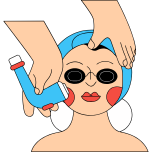 Hair Removal
Hair Removal Movies
Movies Personal Finance
Personal Finance Websites
Websites
